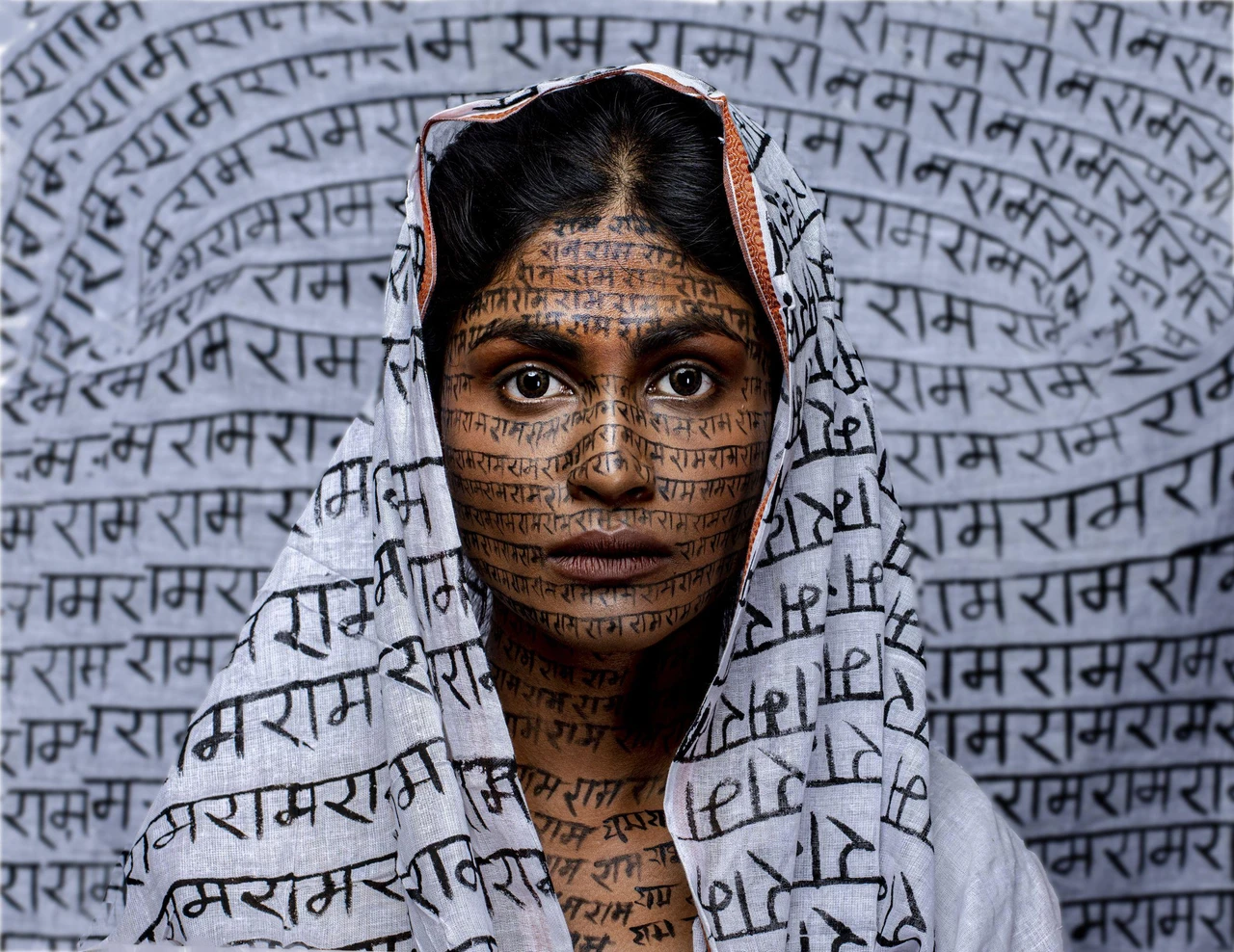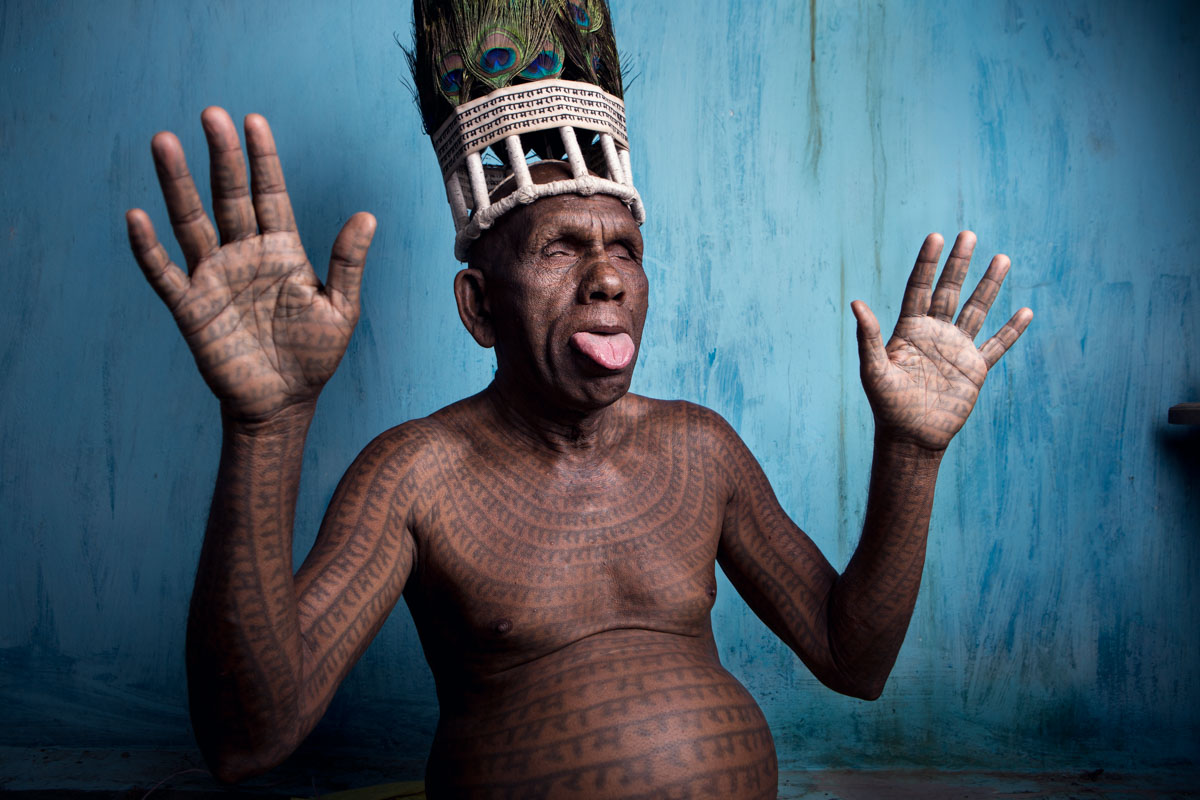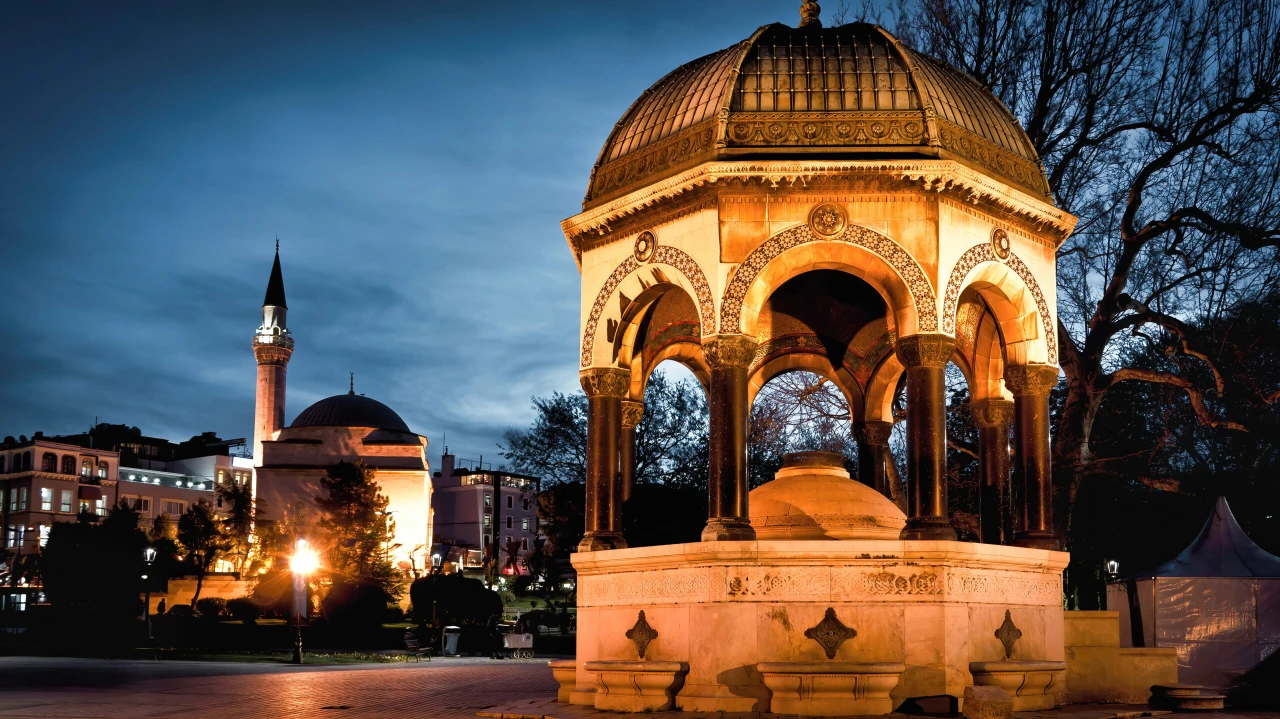Indian Ram Temple Inauguration: Ramnamis celebrate devotion with tattoos

India’s Ayodhya temple is being celebrated alongside the opening of the controversial Ramnami religious movement
While India witnesses the grand opening of a controversial temple dedicated to the Hindu god Ram, a parallel celebration unfolds as fervent but underprivileged adherents of the Ramnami religious movement gather, adorned with tattoos of the deity’s name from head to toe.
Historically barred from entering holy sites because of their place at the bottom of India’s caste hierarchy, members of the Ramnami movement aim to showcase that devotion to Ram transcends societal hierarchies.
Amid preparations for the inauguration of the Ayodhya temple, built on the site of a mosque demolished in 1992, the Ramnamis boldly display their faith by inscribing Ram’s name repeatedly on their bodies in flowing rhythmic script.
“I devoted my body in his name,” said Setbai Ramnami, a septuagenarian member of India’s Dalit castes. “I have never been to a temple… I have not even offered flowers to a Ram idol.”

Besides tattoos, members adopt the movement’s name as their surname, emphasizing their unwavering commitment.
The practice of tattooing Ram’s name dates back more than a century when Setbai’s ancestors, denied entry to temples, used needles and ink made from kerosene lamp residue to send a defiant message against caste-based restrictions on worshipping their beloved deity.
For many Hindus, the Ayodhya temple opening fulfills a long-held dream. However, the Ramnamis assert that their devotion, etched on their skin, surpasses any physical structure built in Ram’s name.
“For us, Ram is everywhere, in every particle, in every sound,” explained 52-year-old Gularam Ramnami. He emphasized that while the Ayodhya temple celebrates Ram residing in an idol, their bodies serve as a temple.
The Ramnamis, gathering for an annual event in Chhattisgarh state, express both welcome for the temple’s opening and caution, highlighting the violent history associated with its construction.
“Ram never says break a mosque, and Allah never says break a temple,” insisted Gularam. “We have always said never hurt anybody through thoughts, words, or actions.”
The intricate face tattooing endured by Setbai for a whole day signifies her commitment, viewing the process as an act of devotion without pain.
Times are evolving for the Ramnamis. While full-body tattoos are becoming less common, younger devotees limit the etchings to coverable areas because of employment concerns, maintaining the group’s other strict rules.
Ramnamis, characterized by vegetarianism, abstinence from alcohol and tobacco, and self-sustenance, bury their dead to avoid burning Ram’s name.
Despite ongoing challenges faced by Dalits and marginalized groups, the Ramnamis assert that their tattoos symbolize support for a god accessible to all, transcending caste and class.
“We do not care who thinks we are lower caste; we belong to a land where caste and class hold no significance,” proclaimed Gularam. “Ramnami is an ideology… it is not caste or religion-bound.”
Source: AFP



